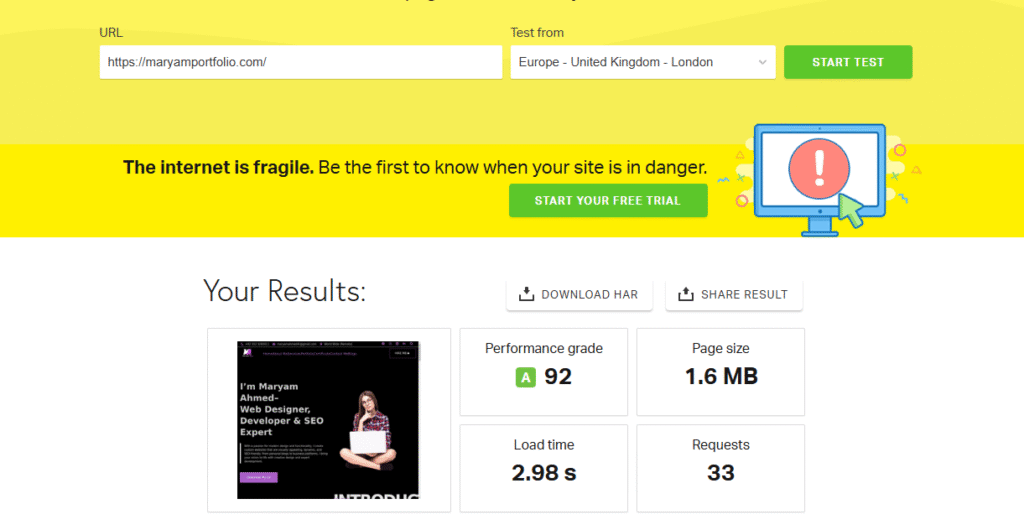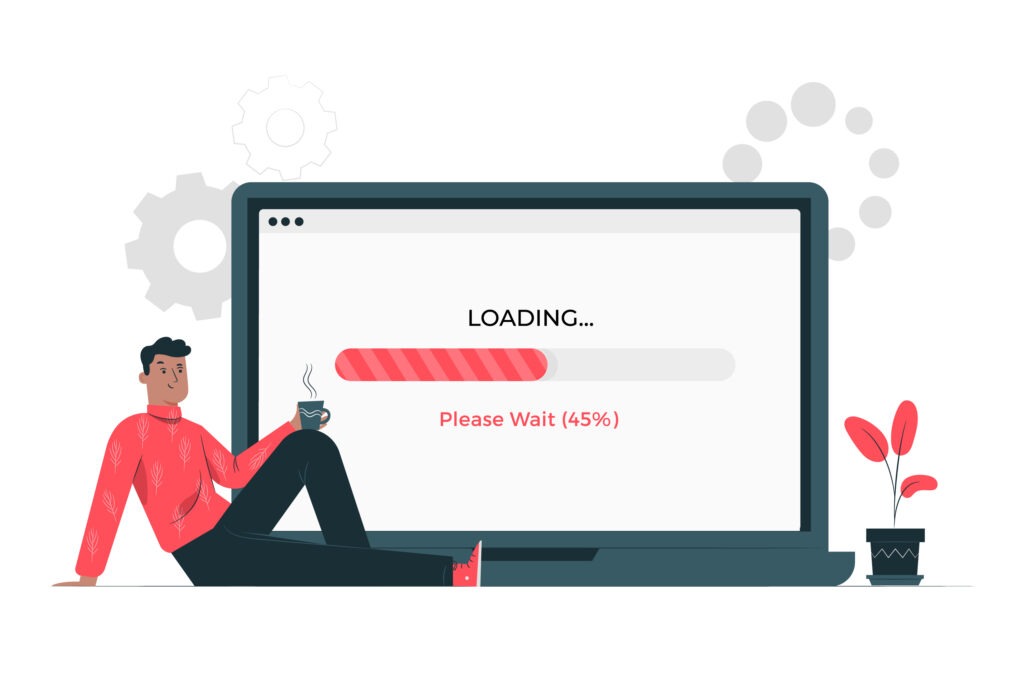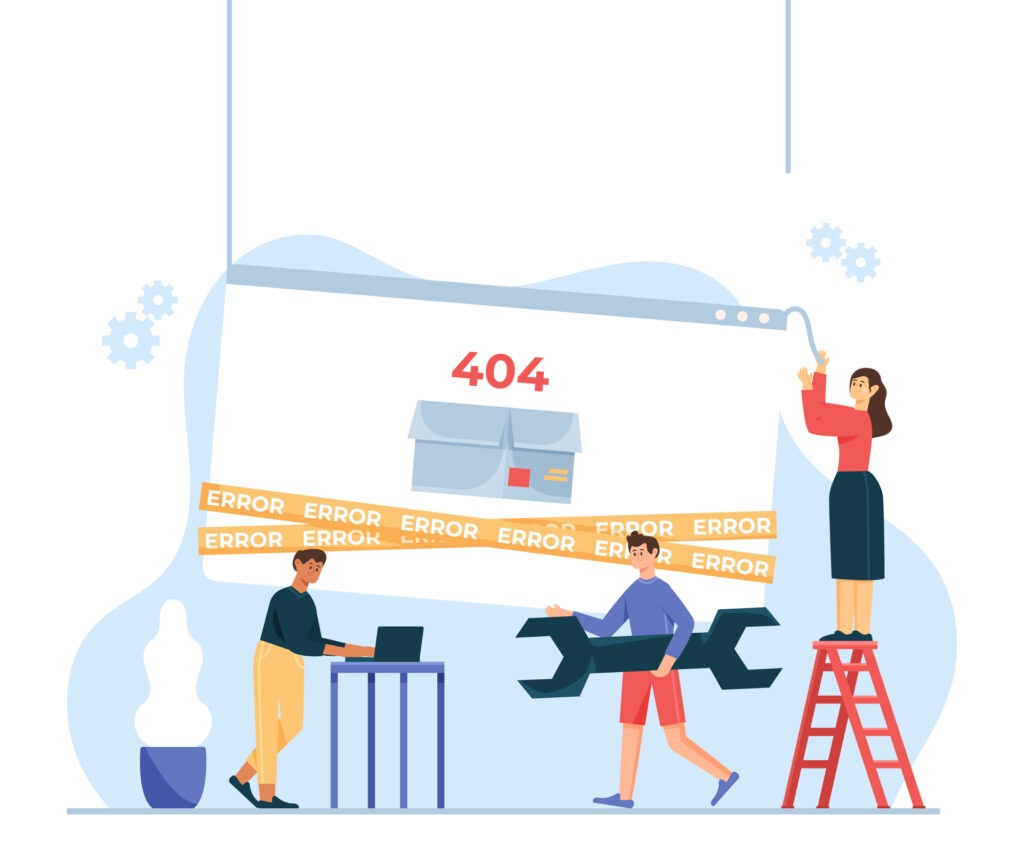How to Increase WordPress Website Speed Without Plugin

Imagine losing half your website visitors before your page even loads. In today’s fast-paced digital world, every second counts. A slow-loading site not only frustrates users but also kills your SEO rankings. And the surprising part? You can boost your website speed without using a single plugin.
How to Increase WordPress Website Speed Without Plugin

Introduction
Website speed is a vital part of any successful online presence. While plugins can be helpful, relying too much on them might create more issues than they solve. In this comprehensive guide, we’ll explore practical and professional ways to increase WordPress website speed without plugin use. Whether you’re a beginner or a seasoned developer, these tips will make your site faster, smoother, and more SEO-friendly.
Understanding Website Speed
Website speed refers to how quickly your website loads and becomes interactive for users. It’s influenced by various factors, including server performance, image sizes, and code efficiency. A faster website not only improves user experience but also boosts SEO rankings.
What is Website Speed?
Website speed refers to how quickly your website loads when someone visits it. It includes everything from loading the first byte of data to fully rendering all content like images, scripts, and videos.
A slow website can result in poor user experience, low engagement, and high bounce rates. It can also negatively impact your rankings on search engines like Google.
Why is Website Speed Important?
Search engines like Google use website speed as a ranking factor. A faster site is easier to crawl and more enjoyable for users to navigate. In a mobile-first world, speed is even more critical.
Faster websites:
Improve conversion rates
Increase user satisfaction
Reduce bounce rates
Enhance SEO
Q/A: Why is the speed of a website important?
Because it directly affects visibility, engagement, and overall website performance.
What is Page Speed in SEO?
Page speed measures how fast content on your individual page loads. It’s crucial for SEO because it impacts how Google ranks your page in search results.
Q/A: What is page speed in SEO?
It’s a key ranking factor and affects how quickly your content is displayed to users and crawled by search engines.
How to Measure Website Speed
One of the best ways to measure your website speed is through Google PageSpeed Insights. This tool gives you a score for both mobile and desktop versions and offers suggestions for improvement.
Other reliable tools:
Use these tools regularly to monitor performance and track improvements.
10 Tips to Increase WordPress Website Speed Without Plugins
1. Choose a Lightweight Theme
Select themes that are optimised for speed. Avoid bloated multipurpose themes with unnecessary features. Consider themes like GeneratePress, Astra, or Neve.
2. Minify CSS and JavaScript
Use online tools like Minifier or CSSNano to compress your files manually. This reduces page load time.
3. Optimise Images Before Upload
Large images slow down your site. Use tools like TinyPNG or ImageOptim to compress them. Use WebP format for best results.
4. Leverage Browser Caching via .htaccess
Add caching rules in your .htaccess file to store static files in the user’s browser. Here’s a sample code:
<IfModule mod_expires.c>
ExpiresActive On
ExpiresByType image/jpg "access plus 1 year"
ExpiresByType text/css "access plus 1 month"
ExpiresByType application/javascript "access plus 1 month"
</IfModule>5. Use a CDN (Content Delivery Network)
CDNs store your site content across various global servers, reducing the load time for users. Try Cloudflare or BunnyCDN.
6. Enable GZIP Compression
Compress files for faster transmission to users. You can enable GZIP in your .htaccess file or via hosting control panel.
7. Clean and Optimise Your Database
Regularly remove drafts, spam comments, and old revisions using phpMyAdmin or your hosting file manager.
8. Disable Unnecessary WordPress Features
Turn off emojis, embeds, and the heartbeat API by editing your functions.php file.
remove_action( 'wp_head', 'print_emoji_detection_script', 7 );
remove_action( 'wp_print_styles', 'print_emoji_styles' );9. Reduce External Scripts and Fonts
Host Google Fonts locally and reduce third-party scripts like live chat or share buttons.
10. Use Lazy Loading for Media
Add loading="lazy" to image and iframe tags to load them only when visible.
Advanced Manual Techniques
Optimise your
wp-config.phpfor performanceUse static front pages instead of dynamic ones
Choose high-quality hosting services

Common Mistakes to Avoid
Using too many plugins
Ignoring mobile performance
Skipping speed tests after site changes
Related Resources
💬 Frequently Asked Questions
Q1: What is page speed in SEO?
Page speed is how fast your individual page content loads. It’s crucial for both ranking and user experience.
Q2: Why is the speed of a website important?
Because it affects bounce rate, engagement, and SEO ranking. A slow site leads to poor performance.
Q3: How can I check my website speed?
Use Google PageSpeed Insights or GTMetrix to analyse your site and get actionable tips.
Q4: Can I increase WordPress speed without plugins?
Yes, using manual optimisation like image compression, caching, and code minification.
Q5: Does Google penalise slow websites?
Yes, indirectly. Google ranks fast-loading websites higher as they offer a better user experience.
Final Thoughts: Improving website speed without plugins is completely doable and very rewarding. Implement these tips one by one, measure your improvements, and enjoy better SEO rankings and user satisfaction.
For more web design and SEO tips, visit MaryamPortfolio.com.
Pro Tip: Always back up your site before making changes to core files like .htaccess or functions.php.

Maryam Ahmed
Hi! I’m Maryam Ahmed, a passionate Web Designer and Developer with over 2 years of experience. I specialise in creating custom websites – from simple and elegant designs to fully dynamic and animated sites

Maryam Ahmed
Hi! I’m Maryam Ahmed, a passionate Web Designer and Developer with over 2 years of experience. I specialise in creating custom websites – from simple and elegant designs to fully dynamic and animated sites
ABOUT ME !!

Maryam Ahmed
With a passion for modern design and functionality, I create custom websites that are visually appealing, dynamic, and SEO-friendly. From personal blogs to business platforms, I bring your vision to life with creative design and expert development.
RECENT POSTS

Top Web Design Services for Modern Businesses

10 Web Design Tips to Make Your Website Stand Out in 2025

Website Development Basics: A Simple Guide for Beginners



